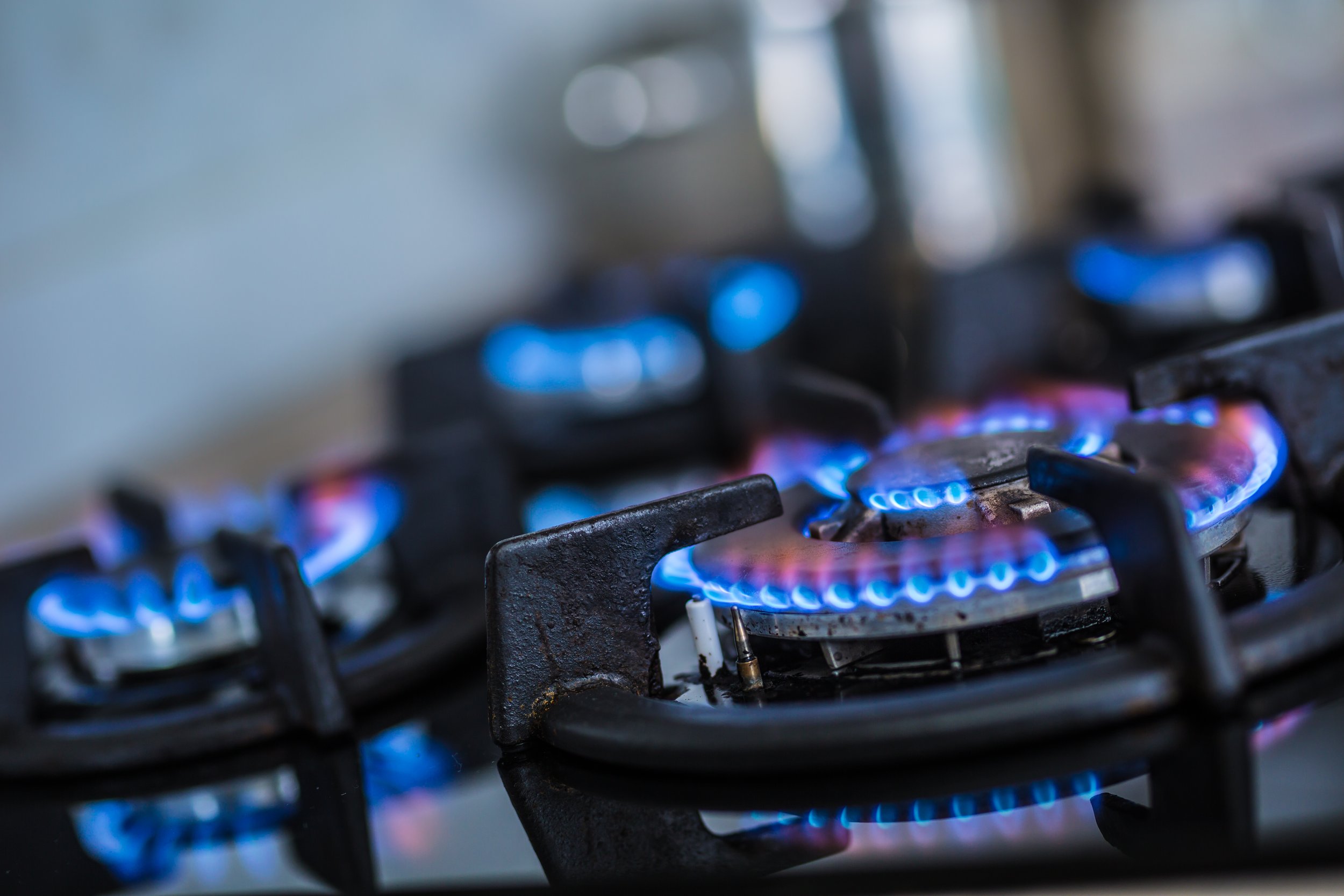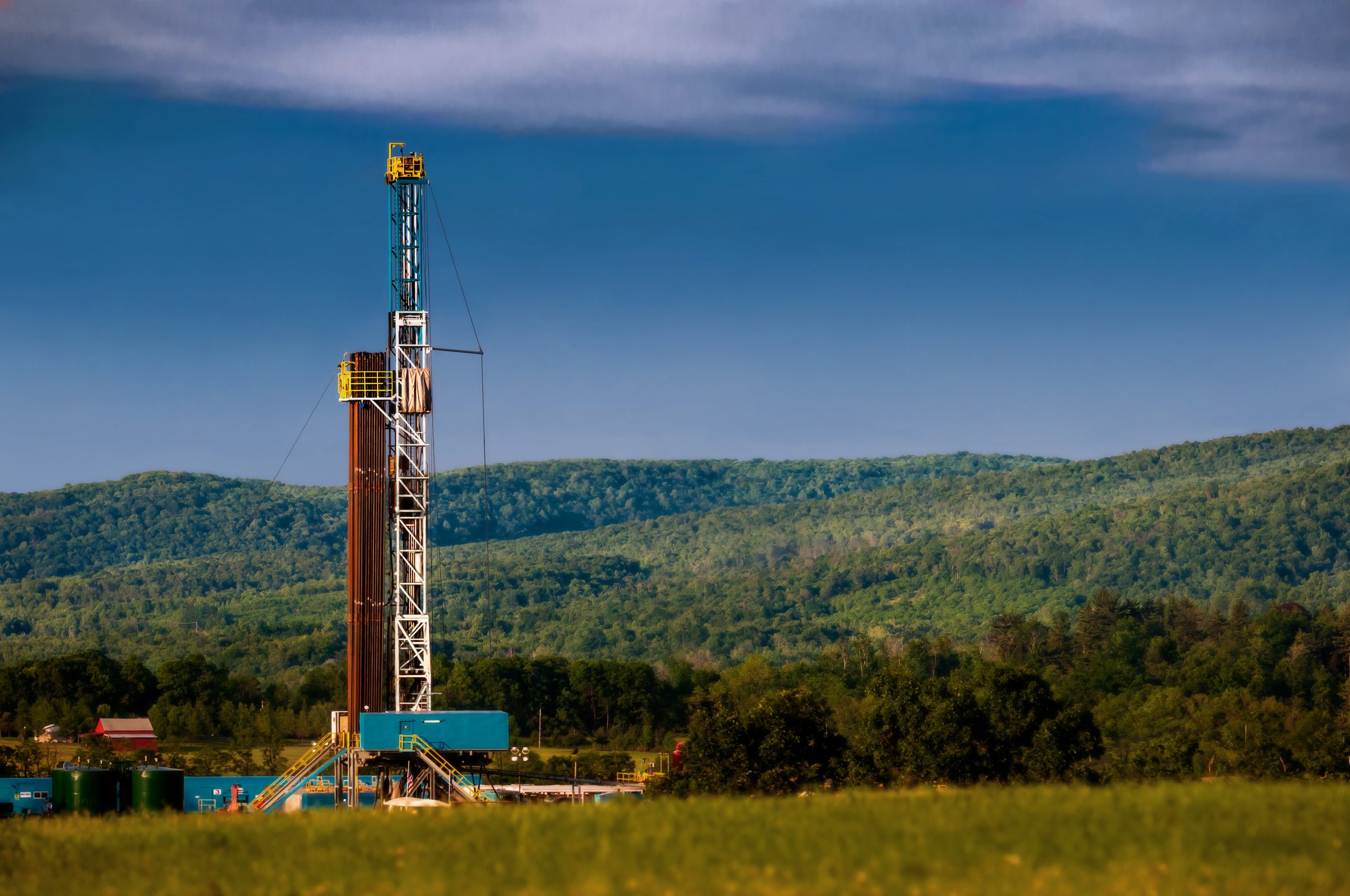
Propane
What is propane?
Propane is a hydrocarbon (C3H8) — sometimes known as liquefied petroleum gas, or LPG — gas normally compressed and stored as a liquid. It is nontoxic, colorless, and virtually odorless; as with natural gas, an identifying odor is added so it can be detected. Propane is commonly used for space and water heating, for cooking, and as fuel for engine applications such as forklifts, farm irrigation engines, fleet vehicles, and buses; however, its applications are rapidly growing due to new technology developments. When used as vehicle fuel, propane is known as propane autogas.
Where does propane come from?
Propane is primarily a byproduct of domestic natural gas processing, though some propane is produced from crude oil refinement. U.S. propane supplies are becoming increasingly abundant due in large part to increased supplies of natural gas.
As shale gas extraction has increased, the production of propane from crude oil refinement has dropped dramatically. In 2011, 69 percent of the total U.S. supply of propane came from natural gas liquids produced in the U.S. and Canada.
Strong growth in propane supply is expected to come from the Marcellus shale play in the northeastern U.S. Industry observers estimate the Marcellus shale alone can supply more than two billion gallons of propane per year.
Because of the drastic increase in U.S. sources of propane, the U.S. produces more than enough propane to meet current demand and became a net exporter of propane in 2011.
Why choose propane?
-

Clean
Propane is an approved clean fuel listed in the 1990 Clean Air Act. Substituting propane for other fuels such as gasoline and fuel oil is an economical and viable step toward cleaner air. Using propane reduces the greenhouse gas carbon dioxide and air pollutants like carbon monoxide and nitrogen oxide.
-

Reliable
For millions of Americans every day, propane continues to deliver what is most important to customers choosing their energy: reliability. Even during extreme weather and natural disasters, propane reliably heats and powers homes, businesses, and farms independent of the electric grid.
-

Abundant
America produces more than enough propane to meet demand. In fact, the U.S. is propane’s leading producer. Propane is an abundant "bridge fuel," making it a clean-burning alternative to gasoline and diesel that can address energy challenges while long-term renewable technologies are developed.
-

Affordable
Despite sharp declines in oil prices, domestic propane production is expected to continue to grow rapidly, keeping downward pressure on average propane prices relative to oil prices.



